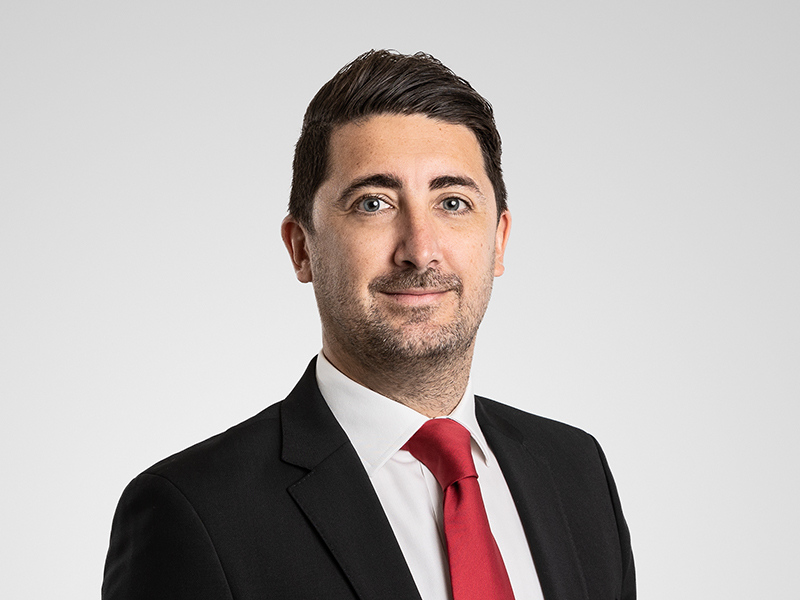Digital assets: to CDD or not to CDD, that is the question
Digital asset strategies are here to stay. Once-dismissive institutions are now launching Bitcoin ETFs, tokenised funds, and crypto trading desks. Auditors, administrators, and fiduciary providers have followed suit, while even traditionally cautious law firms are moving into fintech. With stronger infrastructure, growing regulatory clarity and a wide range of use cases, digital assets are attracting both traditional and non-traditional parties alike.
The Cayman Islands remains a leading jurisdiction for this space. Since the introduction of the Virtual Asset (Service Providers) Act in 2020, Cayman has built a regulatory framework aligned with global AML/CFT standards. The 2025 update to the Act clarified how tokenised funds are treated, reinforcing a practical, commercial approach from the regulator. Cayman’s appeal is further strengthened by fintech-focused zones like Cayman Enterprise City, which continue to attract Web3 and blockchain innovators.
Traditional investment vehicles are well-versed in compliance. But what about digital asset structures that currently fall outside regulatory scope? Given the rapid growth and increasing complexity of the sector, it’s likely these vehicles won’t remain exempt for long.
Global pressure is mounting to standardise AML/CFT rules for digital assets. Since 2019, FATF guidance has called for comprehensive due diligence regardless of whether a business fits a traditional financial model. Major economies such as the EU, US, and UK are now extending AML/CFT obligations to a broader range of digital asset activities. A March 2025 report from the Atlantic Council found that 70% of the 60 largest global economies are in the process of making substantial changes to their regulatory frameworks for digital assets.
Staying ahead of these changes offers clear advantages. By implementing AML/CFT protocols early, businesses can avoid expensive, last-minute overhauls. Partnering with experienced providers ensures efficient onboarding, proven systems, and lower long-term risk.
At its core, AML/CFT is about verifying parties, managing risk and monitoring red flags. Professional providers bring the tools and expertise needed to conduct background checks, sanctions screening and ongoing risk assessments. Failing to do so—even in unregulated sectors—can expose a business to fraud, financial crime, and reputational damage.
As traditional institutions expand into digital assets through tokenisation and blockchain, showing a strong compliance culture can set a business apart. It signals readiness, stability, and a commitment to long-term trust.
How we can help
Harneys Fiduciary offers tailored support across the digital asset space. We’re a full member of the Blockchain Association of the Cayman Islands and the Cayman Islands Fund Administrators Association and licensed by the Cayman Islands Monetary Authority. We can provide comprehensive, detailed and flexible support for all your offshore needs.










